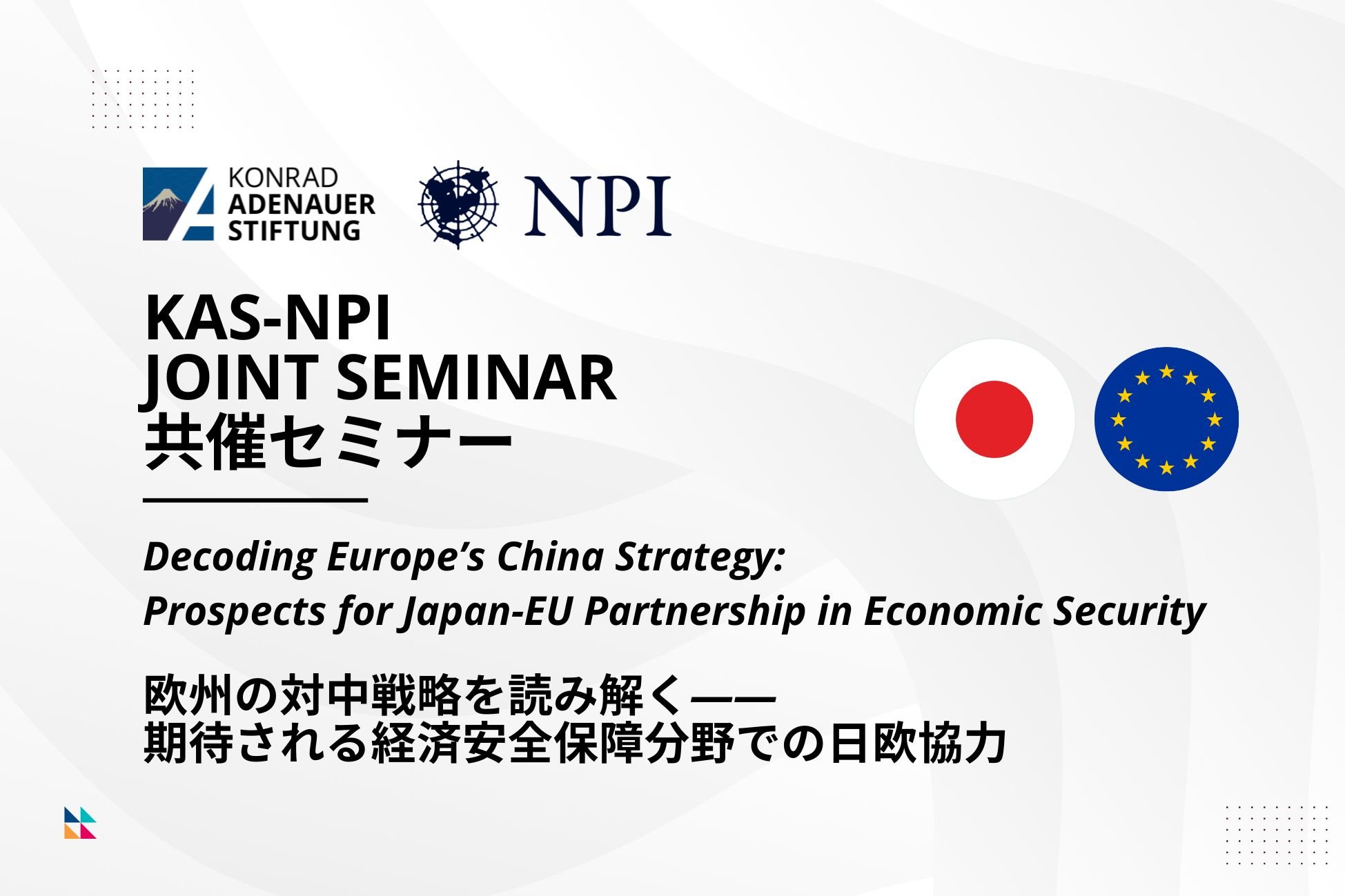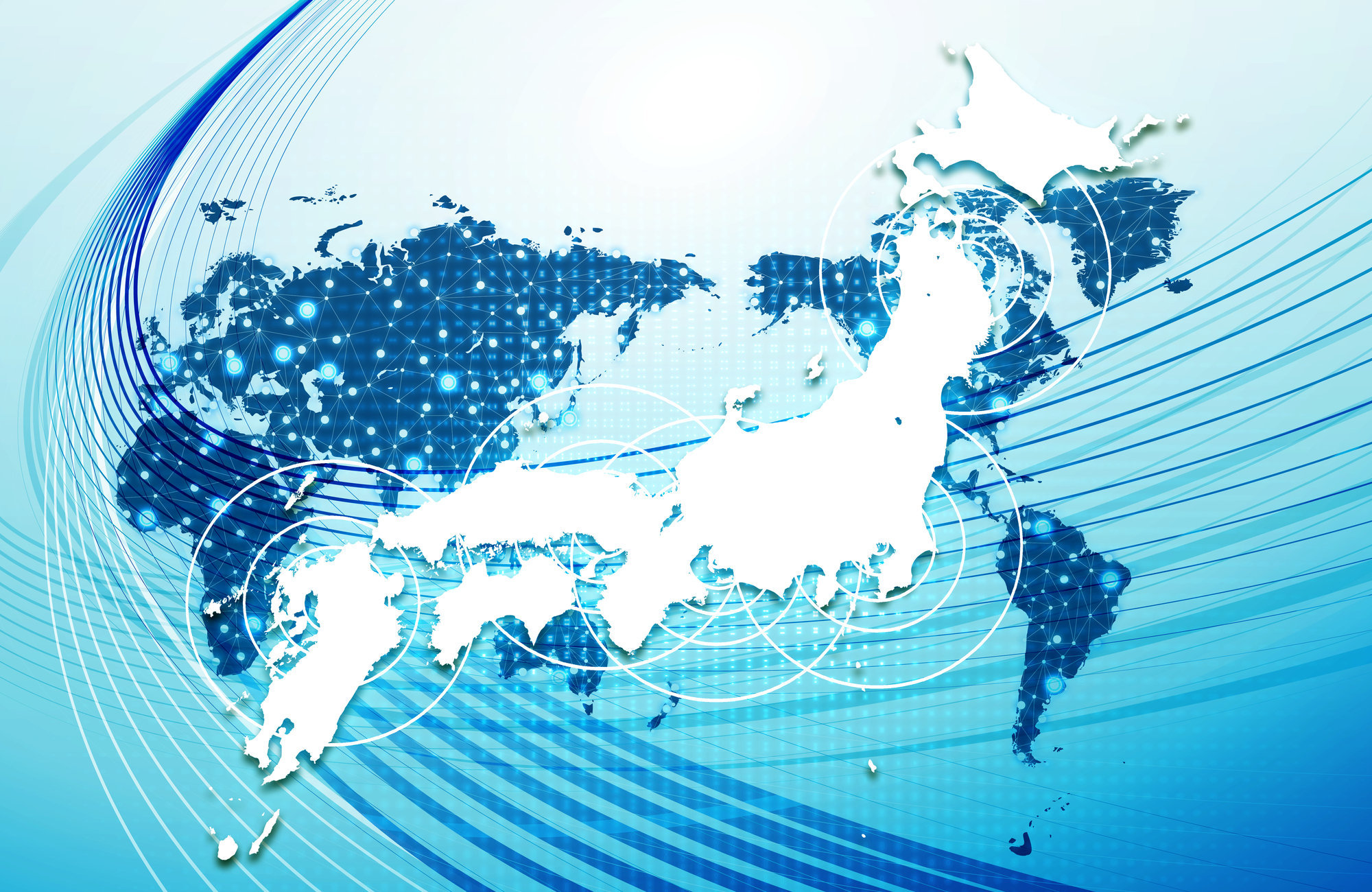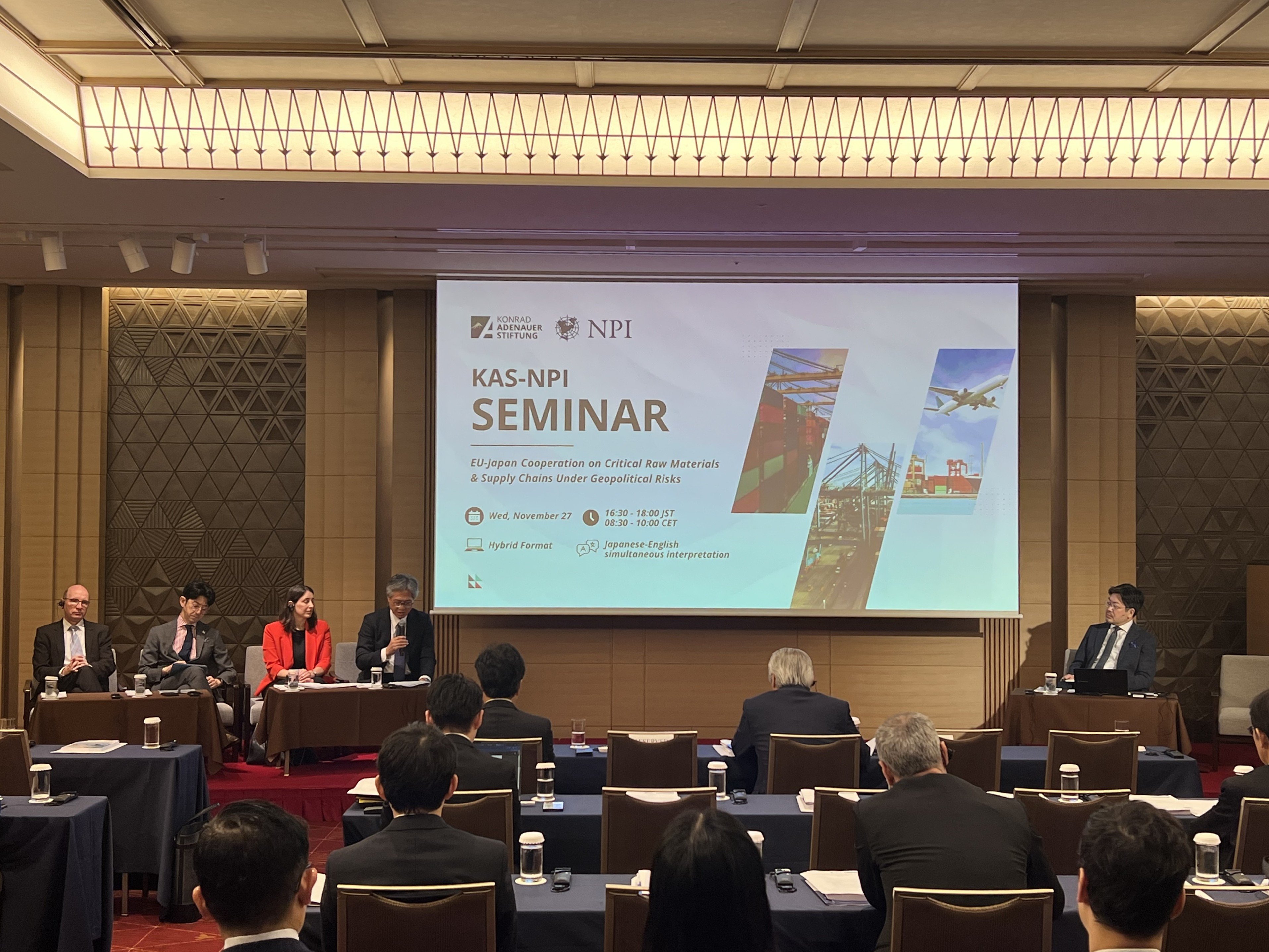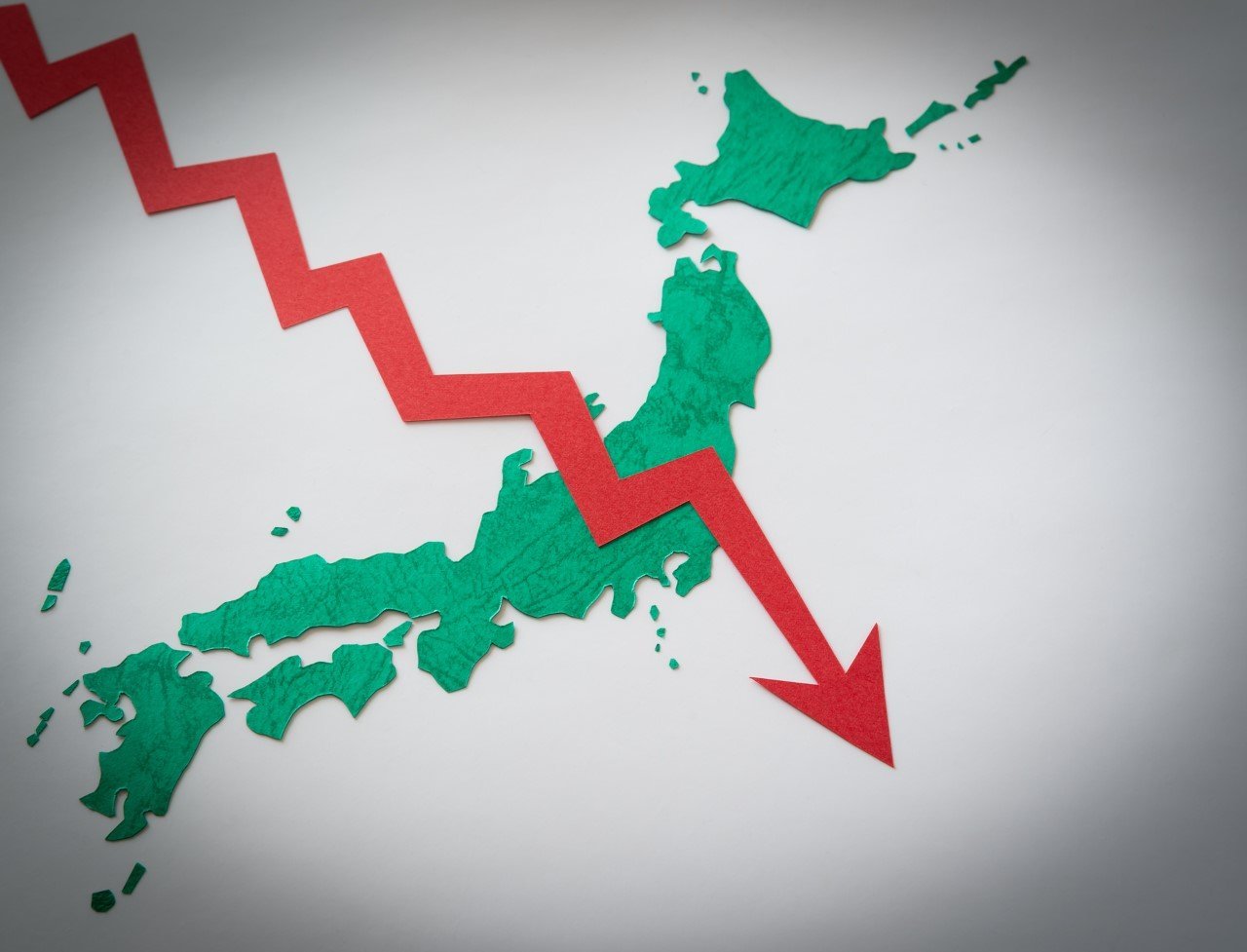2011/04/13
No. 116: Tetsuya Endo, "What Should We Learn From the Nuclear Crisis?"
What Happened?
The massive earthquake and tsunami that brought catastrophic damage to eastern Japan on March 11 also caused serious damage to the Fukushima Daiichi nuclear power station run by the Tokyo Electric Power Company (TEPCO) (Triple Disaster). The magnitude of this danger has been rated level 7 on the 7-point International Nuclear Event Scale (INES) (the most serious level) by the International Atomic Energy Agency (IAEA).
Four nuclear reactors of the Fukushima Daiichi nuclear power plant suffered catastrophic damage. They managed to withstand the shock of the earthquake thanks to anti-earthquake reinforcements made in recent years, but the subsequent massive tsunami cut off the external electrical supply, keeping the emergency cooling system from working. With all backup diesel generators for powering the cooling system destroyed, the reactors were stripped of all electricity.
The three principles for dealing with a nuclear reactor accident are said to be "shut down, cool and contain." In the case of the Fukushima Daiichi plant, the reactors shut themselves down automatically, thus preventing themselves from getting out of control as had happened at Chernobyl. As for the cooling of the reactors and spent fuel pools, however, TEPCO is still struggling to pump water from outside as the reactors have lost cooling water injection and circulation functions due to the loss of electricity. As for containment, radioactive materials such as iodine and cesium are still leaking into the environment through damaged reactor equipments.
Judging from the fact that TEPCO is currently putting all of its efforts into cooling and containment, it may be safe to assume that the worst of the nuclear disaster has been averted for now. However, we must be prepared for a prolonged battle since there is no end to the crisis yet in sight.
Impact on Nuclear Power Policy
The nuclear crisis is drawing the world's attention all the more because it happened in a country with a reputation for advanced nuclear technology. The foreign media is paying far greater attention to the situation at the nuclear plant than to the earthquake and tsunami themselves. Initially the foreign media tended to praise the Japanese for their orderliness, solidarity and calmness in their response to the earthquake and tsunami disaster, but it is now expressing serious concern over developments at the nuclear plant.
Responses to, and the impacts of, the crisis differ among countries, but generally speaking the world is becoming wary of nuclear power. This is especially true in those countries thinking of newly introducing nuclear power generation. The "nuclear renaissance" may lose momentum and enter a winter period. A nuclear crisis anywhere in the world is a crisis for the whole world.
The crisis will no doubt deal a serious blow to Japan's nuclear energy policy. Nuclear power plants currently under construction, let alone new plants still on the drawing board, will encounter difficulty making progress at least for the time being. Nuclear fuel cycle policies, especially the construction of a second reprocessing plant and fast breeder reactors, will face opposition even to serious consideration of such facilities.
However, Japan cannot do without the peaceful use of nuclear power in terms of energy security and global environmental protection. Nuclear power provides some 30 percent of the country's electricity, meaning that reduced nuclear power generation would immediately lead to an economic slowdown and a decline of living standards.
We need to restore nuclear power generation at all costs, but doing so requires first and foremost regaining the lost confidence of the Japanese people, especially residents in the affected areas, in nuclear power.
Drastic Review of Nuclear Safety
"Safety" is one of the most important components of the peaceful use of nuclear power along with "safeguards" against proliferation and nuclear "security" (the three S's). As such the Fukushima crisis reminds us of the need to drastically review safety measures at nuclear reactors.
Those in charge of Japan's nuclear power policy have repeatedly said that the earthquake and tsunami damage was beyond anticipated levels. Such remarks, however, can be taken as a mere excuse, an evasion of responsibility or an abandonment of their positions as experts. Raising the levels of anticipated risks is a difficult task involving additional costs, but we must nonetheless do it from the perspective of utmost caution.
The biggest cause of trouble was the cutoff of electricity supply. This reveals a failure in defense-in-depth, the preferred basic strategy for nuclear safety. A drastic review is necessary here, too.
We must abandon the myth of safety and get back to basics. Japan's nuclear industry was plagued by overconfidence somewhere along the line, causing the country to disregard third-party opinions, including those of the IAEA. We need to maintain a humble attitude. The crisis has also revealed a fundamental defect in nuclear security measures. In addition to a drastic review of nuclear safety, we need to pay full attention to nuclear security as well.
Handling of Information
Swift distribution of appropriate information is an absolute necessity. The government and the media should not prompt concerns about this either at home or abroad. Nuclear power is a highly technical field, so the stakes are even higher for them to explain circumstances in an easily understandable manner as best they can so as not to cause misunderstandings. It appears that there have been more than a few reports and comments digging into specific aspects without placing them into a greater context. This seems particularly the case with reports on the leakage of radioactive materials, causing unnecessary anxiety among citizens.
The most important sources of primary information are the government and TEPCO. However, they did not pass on information in an appropriate manner and there were times at which important information was not shared among concerned parties. We need to take heed of the tendency, particularly among the foreign media, to view information from the Japanese government as disturbingly opaque and to presume the government is downplaying the effects of the crisis.
We can never thank the international community enough for the swift aid, both material and moral, that it has provided, but have we been fully prepared to accept this generous assistance? The response of foreign residents in Japan to the nuclear crisis, such as a mass flight from Japan and the shutdown or relocation of diplomatic offices in Tokyo, was somewhat extraordinary. This may in part be attributed to the lack of appropriate information as well as exaggerated coverage by the foreign media. We need to pay further attention to the provision of information to the foreign media and residents in Japan.
Tetsuya Endo is Senior Adjunct Fellow of The Japan Institute of International Affairs and former Vice Chairman of the Atomic Energy Commission of Japan.
The views expressed in this piece are the author's own and should not be attributed to The Association of Japanese Institutes of Strategic Studies.








